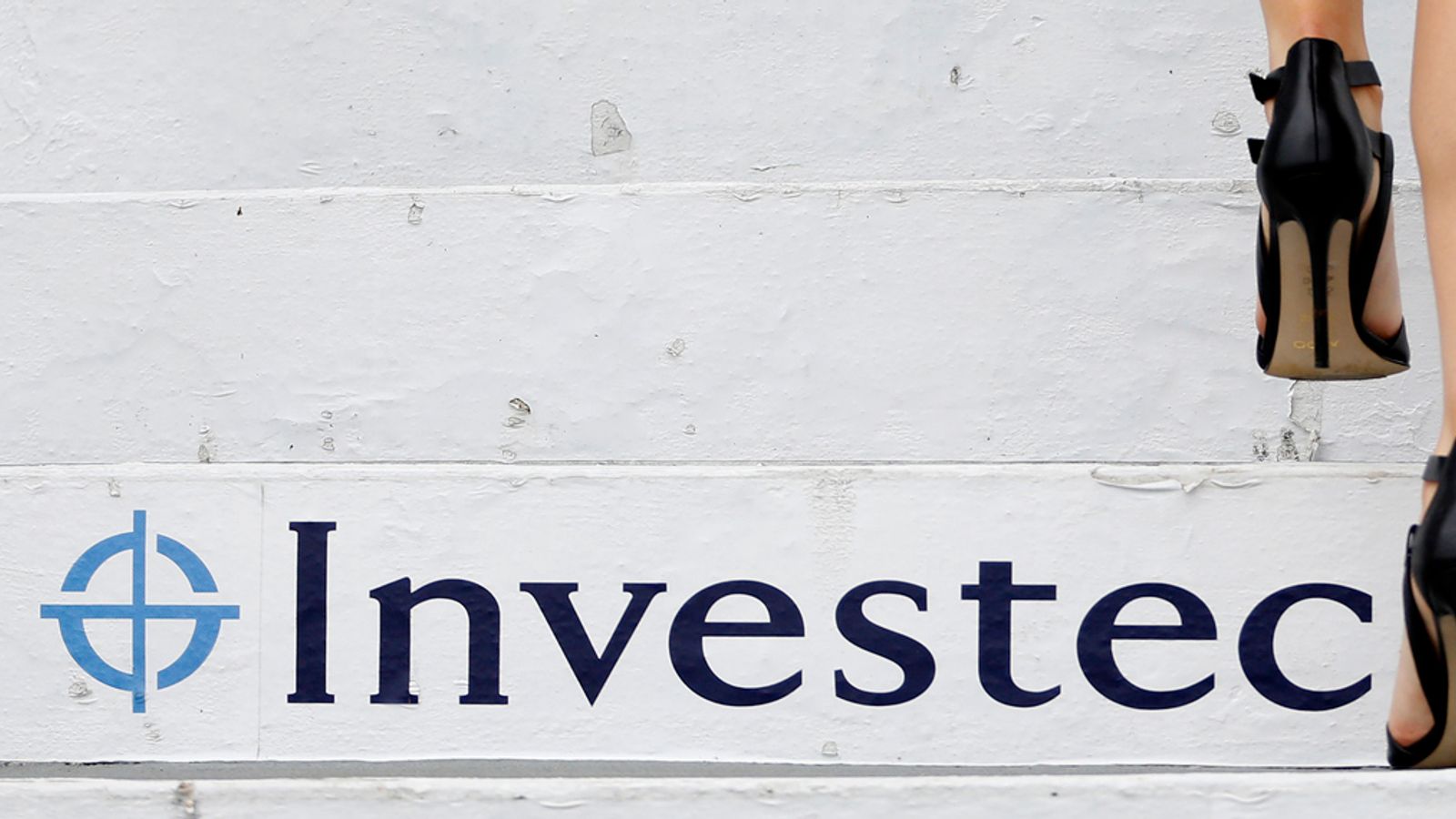Two British banks are embroiled in a dispute over a COVID loan which could leave taxpayers on the hook for a six-figure sum.
Sky News has learnt that OakNorth, the banking group founded by entrepreneur Rishi Khosla, is in talks over a £20m loan it made to a real estate joint venture between Newmark Properties and Investec Bank UK.
Part of the debt consisted of a Coronavirus Business Interruption Loan (CBIL) worth close to £300,000, according to insiders.
The joint venture is understood to be in default on its repayments, and the two banks are now said by people close to the situation to be at loggerheads over a resolution.
A failure to reach agreement could result in the joint venture being placed into administration and the taxpayer guarantee on the CBILS loan being triggered, according to one insider.
Be the first to get Breaking News
Install the Sky News app for free
In a statement, an OakNorth spokesperson said: “OakNorth has been seeking, and continues to seek, a constructive solution with Investec, with a fully solvent outcome.
“Investec has not provided a proposal which would avoid loss to the taxpayer which is consistent with the underlying loan and CBILS documentation.”
Air fares poised to increase as amount planes pay to fund air traffic control rises
UK car production soars – but industry warns of looming Brexit rules ‘threat’
Former NatWest boss Alison Rose breached data rules over Nigel Farage bank details, watchdog finds
A spokesperson for Investec said: “We are in confidential discussions with various parties, details of which cannot be disclosed.
“Investec is fully committed to paying the CBIL liability in full and strongly refutes any suggestion otherwise.
“We continue our discussions with the relevant parties to ensure this takes place.”
Further details of the discussions between them were unclear on Thursday.
Under the terms of the CBILS scheme, taxpayers underwrote 80% of the value of the loans issued by banks.
The dispute between OakNorth and Investec is one example of the continuing fallout from the emergency loan schemes set up in the early months of the pandemic to ensure that British companies were able to withstand the series of COVID lockdowns.
Tens of billions of pounds were borrowed under CBILS and its larger and smaller counterparts.
It subsequently emerged, however, that the schemes had been targeted by fraudsters, with billions of pounds of taxpayers’ money squandered.






















